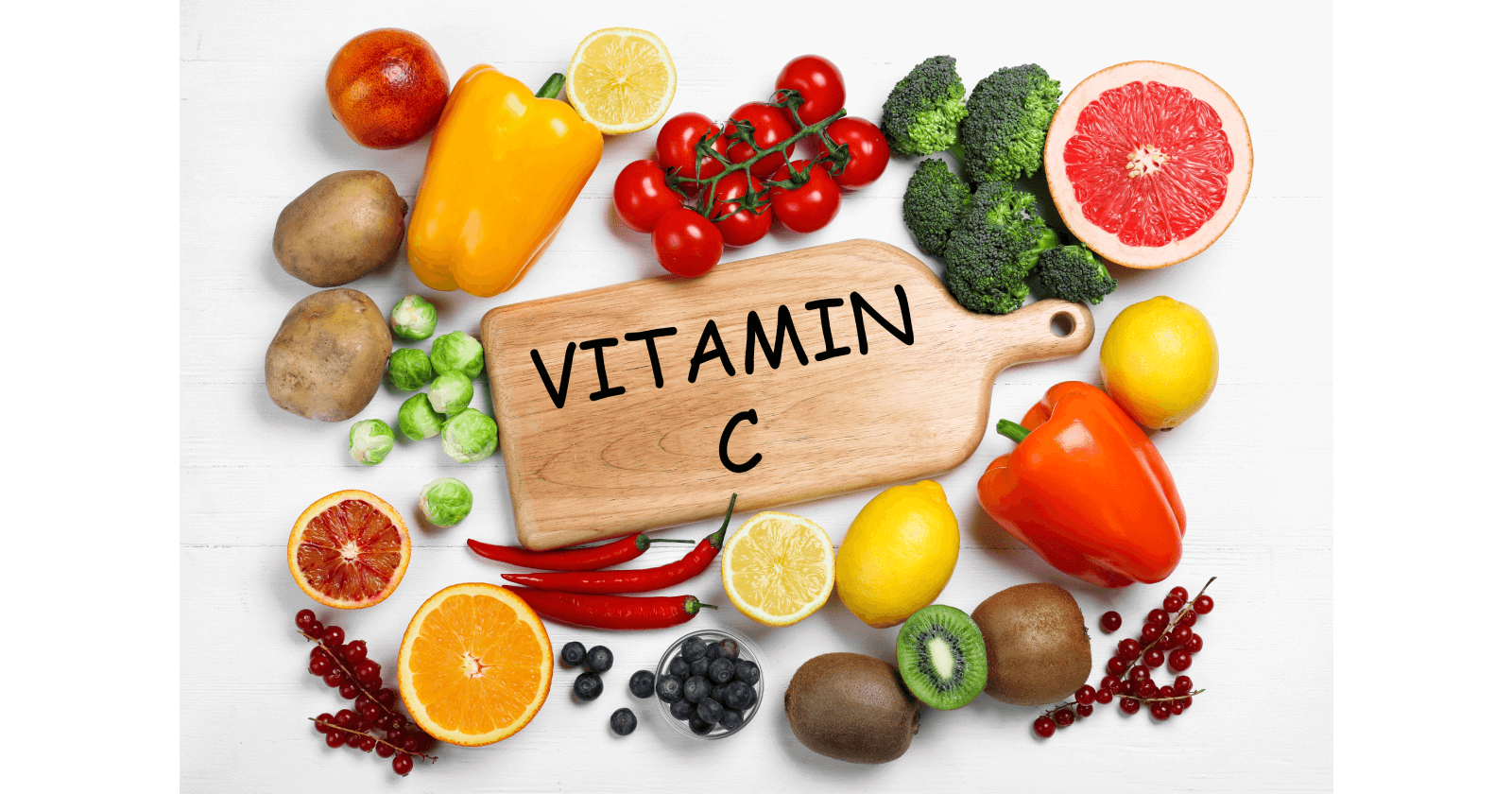Vitamin C, or ascorbic acid, is a crucial nutrient that plays a significant role in various bodily functions. Due to its numerous health benefits, it’s commonly included in multivitamin formulations.
One of the primary roles of Vitamin C is to support the immune system. It aids in producing white blood cells, which are vital for fighting infections. In addition to its immunity-boosting benefits, Vitamin C is also a powerful antioxidant. It helps to protect cells from damage caused by free radicals, which are harmful molecules that can lead to chronic diseases.
Vitamin C is also essential for collagen production, a protein that helps wounds heal and maintains the health of bones, teeth, skin, and blood vessels. Moreover, it improves iron absorption from plant-based foods, which can help prevent iron deficiency anemia.

Where to Buy Multivitamins Without Vitamin C?
Multivitamins Without Vitamin C do not exist in the market. Our research shows that 650 major pharmaceutical brands do not offer multivitamins without vitamin C. In that case, if you need multivitamins without vitamin C, buy individual vitamins.
Because of these broad health benefits, vitamin C is typically included in multivitamin supplements. Most multivitamins are formulated to provide a wide range of essential vitamins and minerals to help individuals meet their daily nutritional needs. Vitamin C is considered one of these crucial nutrients.
However, there may be specific reasons why an individual might want to avoid vitamin C in a multivitamin, such as a rare allergy, certain medical conditions, or due to potential interactions with specific medications. In such cases, looking for individual or tailored vitamin and mineral supplements may be more appropriate than a comprehensive multivitamin.
Patients who have special medical conditions can not use multivitamins with vitamin C. For the following conditions, the intake of vitamin C needs to be monitored or adjusted:
- Hemochromatosis: Hemochromatosis is a condition that leads to excessive absorption and storage of iron. Vitamin C can increase iron absorption, which could exacerbate this condition.
- G6PD Deficiency: This is a genetic disorder that can lead to the destruction of red blood cells. In people with this condition, high doses of vitamin C could potentially trigger a hemolytic crisis.
- Kidney Stones or Kidney Disease: High doses of vitamin C can increase the risk of calcium oxalate kidney stones in susceptible individuals. In people with kidney disease, excess vitamin C cannot be effectively excreted and may lead to harmful buildup.
- Sickle Cell Disease: Some evidence suggests that large doses of vitamin C might make this condition worse.
- Certain metabolic disorders: Conditions such as thalassemia and sideroblastic anemia can be worsened by excess iron absorption facilitated by vitamin C.
Why do multivitamins always have vitamin C?
Like many other nutrients, vitamin C is essential to a balanced diet due to its numerous health benefits. Regular dietary intake is necessary since the human body cannot produce or store it. In addition, vitamin C is vital for the immune system, skin health, and iron absorption, among other things.
Large pharmaceutical companies include Vitamin C in their multivitamin supplements because it’s generally considered safe for most people, and it’s a critical nutrient that many people may not get enough of through their diet.
Here’s a simplified version of the process of how multivitamins are manufactured:
- Formulation: The first step is to decide on the multivitamin formulation. This includes determining the types and amounts of vitamins and minerals to have. This typically consists of a wide range of nutrients, including vitamin C, for multivitamins.
- Sourcing: The next step is to source the individual vitamins and minerals. These often come in powders, which are then measured to ensure the correct dosage.
- Mixing: The different vitamins and minerals are thoroughly mixed together. This is crucial to ensure that each tablet or capsule has a uniform nutrient distribution.
- Tableting or Encapsulating: The mixed powders are compressed into tablets or filled into capsules.
- Coating (for tablets): Tablets are often coated to make them easier to swallow and to protect the nutrients from degradation.
- Packaging: Finally, the multivitamins are packaged and prepared for distribution.
The manufacturing process must comply with strict quality control and regulatory standards to ensure the product’s safety, efficacy, and accuracy. This includes regular testing to confirm that the products contain the amounts of each nutrient stated on the label.
- How Many Tablespoons is One Clove of Garlic? - June 26, 2024
- How to Measure 3/4 Cup When You Don’t Have the Right Measuring Cup? - June 6, 2024
- How Much Does Cooked Pasta Weight Compare To Dry? - April 30, 2024
